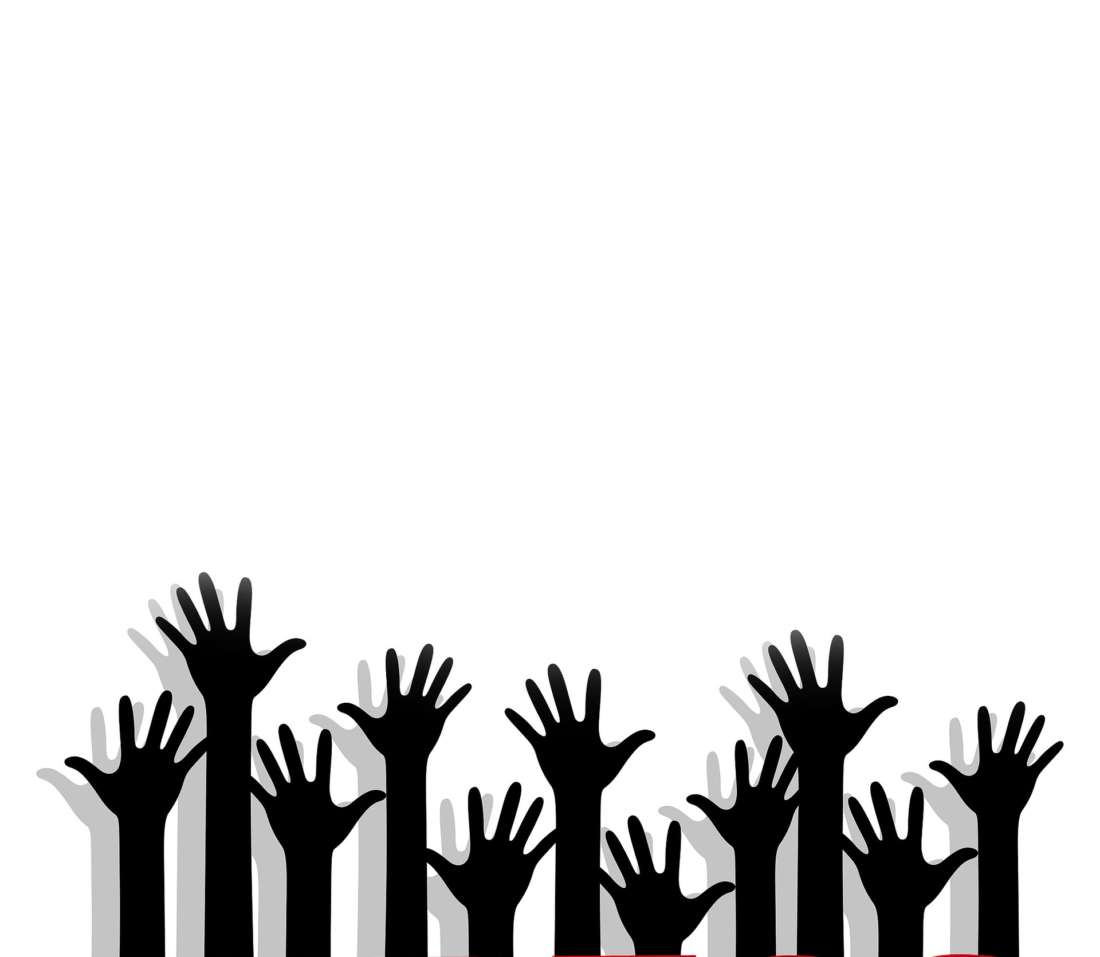
Working voluntarily, meaning you don’t get paid for it, is something that was originally started by religious organizations. The goal was to make sure the invalid, orphans, the homeless, and other needy individuals could get help. By the 1980s, voluntary organizations expanded outside of the religious network and became an integral part of local communities.
At first, the non-religious organizations focused mainly on natural problems and the environment. However, this quickly expanded. It also became more common for people to volunteer for numerous organizations, still not receiving any form of compensation. Today, it is known that volunteering has an impact on income levels, jobs, and lifestyle. As such, according to James P DeVellis, it is important to understand it on both an individual and a social level.
James P DeVellis on the Individual Level of Volunteering
If someone isn’t happy with the way they live their lives, they will struggle to engage in other activities as well. What this means is that those who are needy, for whatever reason, are less likely to engage in voluntary work. Rather, those who are in the higher income groups tend to do the most voluntary work as well. There are allegations that this is due to them trying to hide their own misconduct, particularly in the truly wealthy circles, but their work is nevertheless appreciated. Whether they fight against fox hunting or want to make the news and press more transparent, they are making a difference.
James P DeVellis on the Social Level of Volunteering
If members of society start to understand that the community they live in belongs to all its members, group activities that improve the community quickly start to become the social norm. In a sense, doing voluntary work is a type of democracy in which the people rule above all else. This is why it is so difficult even for voluntary organizations to get into third world countries, where regimes continue to be authoritarian and totalitarian. Voluntary organizations, here, are seen as a threat and are therefore opposed by the government. But in democratic societies, voluntary organizations are applauded and supported for the contributions they make to society as a whole.
What all of this means, according to DeVellis, is that voluntary organizations and work will only be successful if the right political, economic, social, and cultural elements are in place as well. There are thousands of NGOs in the United States alone, and the public loves to participate in their activities. The result is that many of society’s problems are addressed by the community itself. For instance, they help bring about more equality for racial minorities, strengthen the rural sector as a whole, combat loneliness in the elderly, help to cure diseases, fight for animal rights, and more.
The role of the volunteer is one of tremendous importance, and the world as a whole owes people who willingly give up their time and energy a great deal of gratitude.

